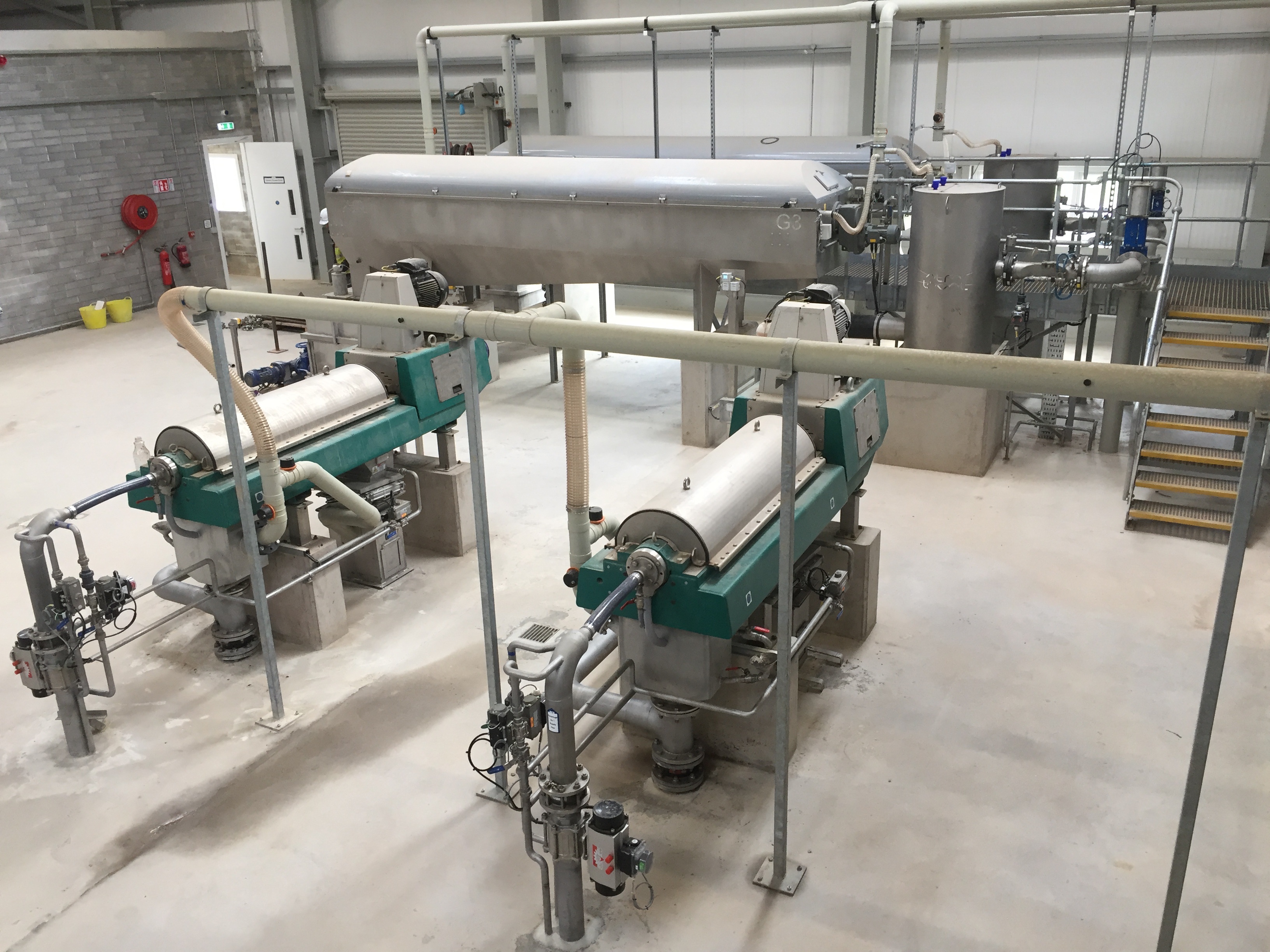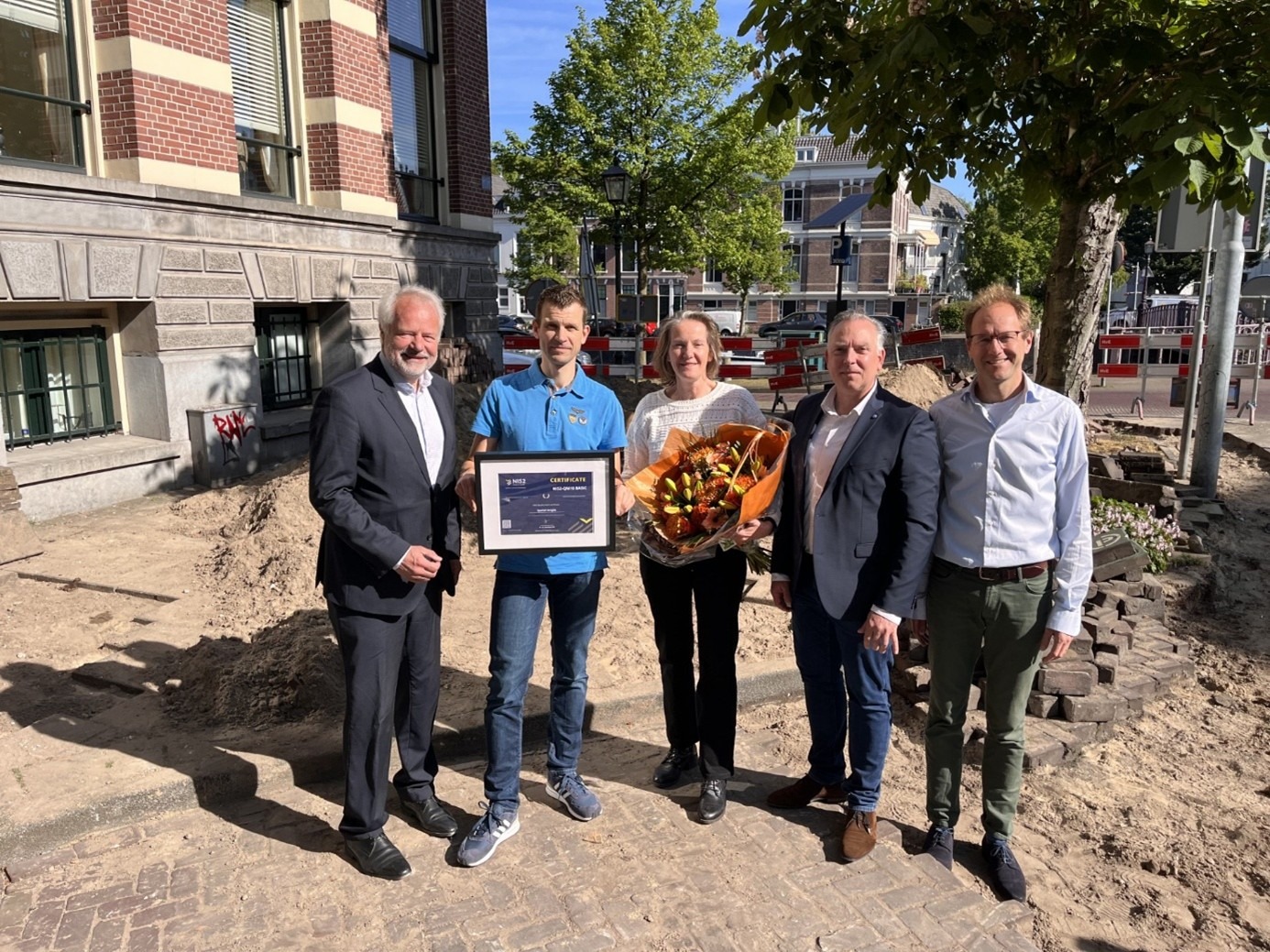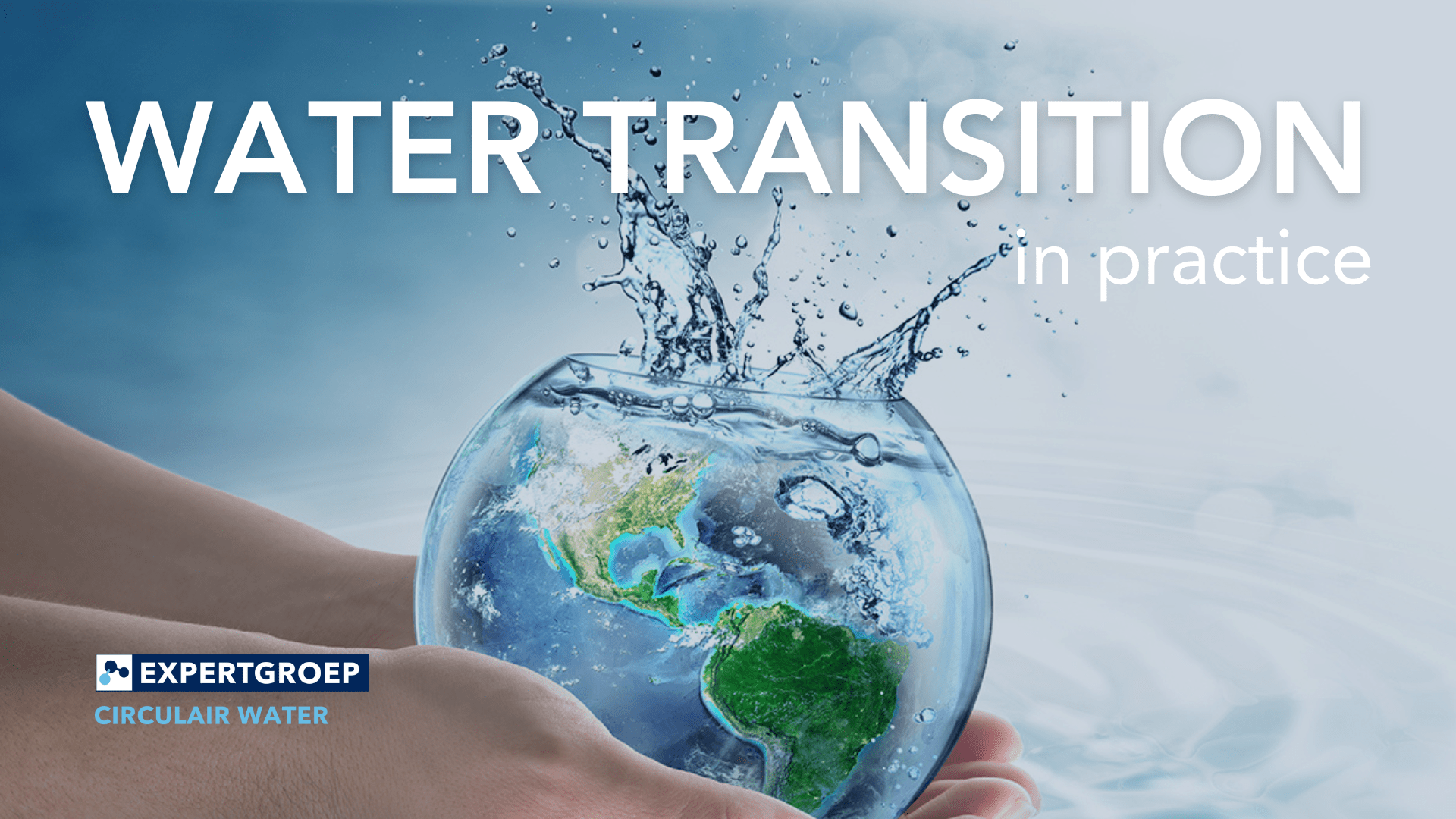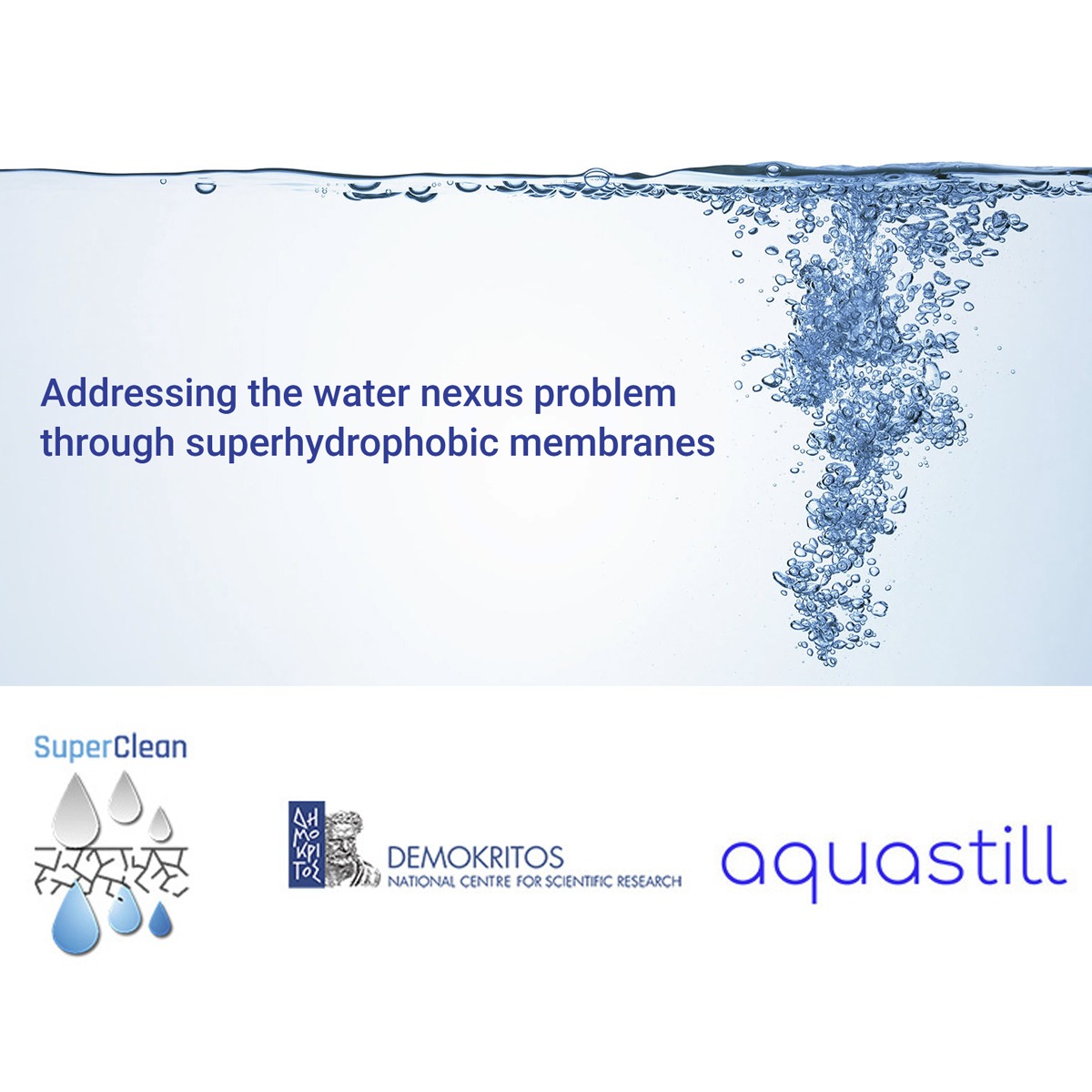To pursue a new path in terms of waste water treatment, Irish Water opted for green technology. For the construction of three new waste water treatment plants in County Cork, Irish Water selected EPS Group as the business partner, which will use the innovative biological Nereda® waste water treatment process in the project for the first time in Ireland.
EPS Group is the exclusive Nereda® licensee in Ireland and has specialised in building municipal and industrial waste water treatment plants for over 45 years. Royal HaskoningDHV, which is based in Amersfoort in the Netherlands and is one of the largest engineering, consultancy and project management companies in the world, holds the rights to the Nereda® process, continues to develop it and sells it worldwide.
The sustainable Nereda® process uses the unique property of the so-called aerobic granular biomass. The waste water is cleaned of bacteria containing compact granules with outstanding settling properties. The result is a natural waste water treatment process with high levels of efficiency combined with significantly lower investment and operating costs, a very small (up to four times smaller) footprint compared to conventional sequencing batch reactors (SBR) and energy savings of up to 40 percent.
Efficient sludge dewatering with GEA expertise and sustainable Nereda® technology
The high level of efficiency of the environmentally friendly green technology process is not least due to effective secondary sludge dewatering, which GEA, as a preferred supplier of the Nereda® process, ensures through tailored decanter technology. “GEA was on board as a technology partner for Nereda® at a very early stage in 2012. With its leading centrifuge and process expertise, GEA has made a significant contribution to gradually optimising the efficiency of the sludge handling line within the Nereda® process,” says Joost Vliegen, Director of Product Group Management Marine & Energy and Environmental Technology at GEA. This has led to a significant reduction in operating costs today, thanks to dewatered sludge that is 10 to 15 percent drier than dewatered sludge out of conventional activated sludge systems and up to 25 percent lower polymer consumption.
GEA as a preferred supplier of EPS in Ireland
When planning and implementing the new waste water treatment plants for Irish Water, this expertise was key for EPS in selecting GEA as a preferred supplier for the activated sludge treatment too. Michael O’Sullivan, EPS Senior Contracts Manager: “As the sole licensee of the innovative Nereda® granular biomass technology in Ireland, EPS has focused heavily on its successful integration into the Irish water sector. For us, driving the Nereda® process on our plants necessitated the use of reliable, established and market leading technologies – making GEA our first choice for such a collaboration. GEA, which is a leader in the centrifuges market, has been one of our key partners in delivering Nereda® technology in Ireland with successful installations currently operating at Clonakilty, Carrigtwohill and Cork Lower Harbour Wastewater Treatment Plants.”
The innovative Nereda® process celebrated its successful premiere in Ireland in 2014 together with two integrated GEA decanters as part of the modernisation of the water treatment plant in Clonakilty, which, with a capacity of 23,000 population equivalents (PE), is a relatively small plant. Two more projects followed with larger-scale waste water treatment plants in Carrigtwohill in 2015 (41,000 PEs) and Cork Lower Harbour (72,000 PEs) – likewise both with two GEA decanters for the sludge processing lines.
Its compact, robust design means that Nereda® and the GEA decanters are also ideal for retrofitting or increasing the capacity of existing municipal or industrial plants – regardless of their size. This is one of the main reasons why Irish Water decided to expand the municipal waste water treatment plant at Ringsend in Dublin, one of the largest in the world of its kind with 1.65 million PEs, to a capacity of 2.4 million PEs by 2021 using the Nereda® process. At Ringsend, three GEA decanters will take on the process of pre-dewatering the mechanical thickened Nereda® sludge before it is hydrolised in the Cambi Thermal Hydrolysis Process (THP).
A partnership with a future
Michael O’Sullivan: “Minimised footprint, high energy efficiency and reliability combined with a local service presence are the key drivers for the strength of our relationship with GEA. EPS is delighted GEA has been recognised as one of Royal HaskoningDHV’s preferred suppliers for its Nereda® technology and is excited about continuing and expanding our successful collaboration in the future.”
GEA has formed its own team of Nereda® experts that works closely with its partner Royal HaskoningDHV on research and development. Within the Nereda® network, which consists of a group of licence partners and preferred suppliers as well as Royal HaskoningDHV, valuable information is continuously exchanged in order to make the Nereda® process even more efficient for users. “The aim is to continue improving the applicability of the sludge dewatering equipment in accordance with the Nereda® specifications, in order to continuously optimise for the customer the sustainable process that is already being used with great success,” says Joost Vliegen.
Nereda® has been used since 2006 as an industrial waste water treatment process and since 2009 as a municipal waste water treatment process. Around the world there are currently 40 waste water treatment plants either in operation or being planned using the Nereda® process. In addition to Ireland, plant operators in Australia, Sweden, Switzerland, Portugal, Poland, the UK, the Netherlands, South Africa and Brazil, for example, also put their trust in cost-effective and environmentally-friendly waste water treatment with this unique aerobic granular biomass process. GEA was recently awarded a contract to fit decanters in Nereda® waste water treatment plants in Faro, Portugal and Utrecht in the Netherlands. The process information gained from these reference plants will be used to further improve the sludge dewatering process – something from which customers all over the world will benefit.




